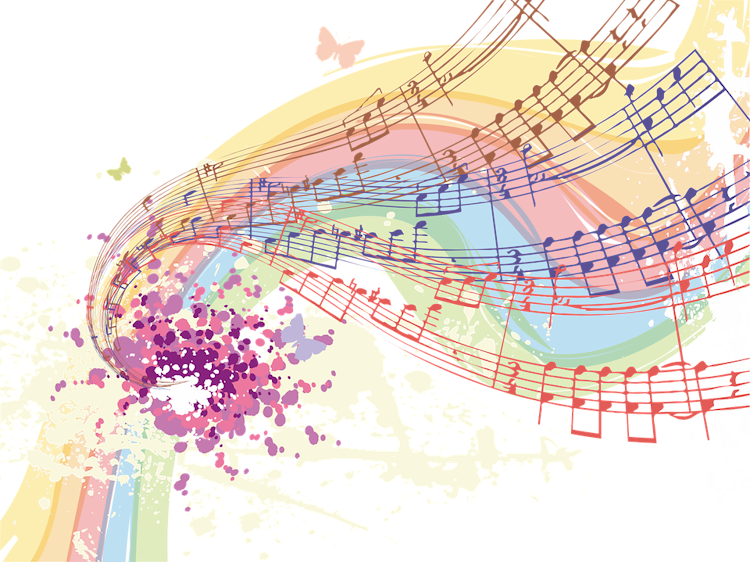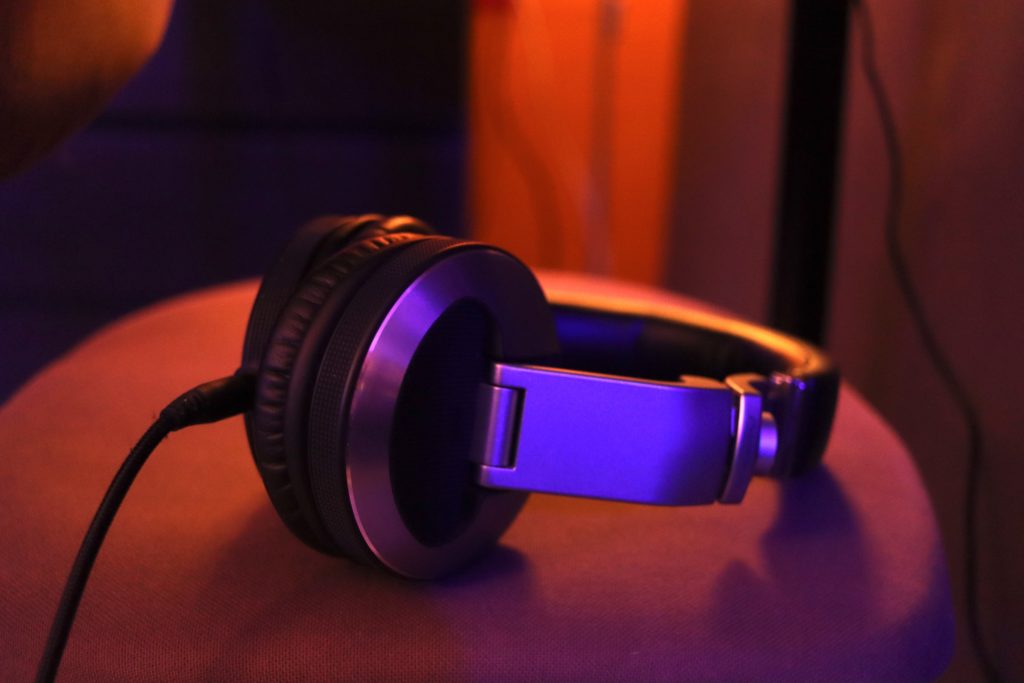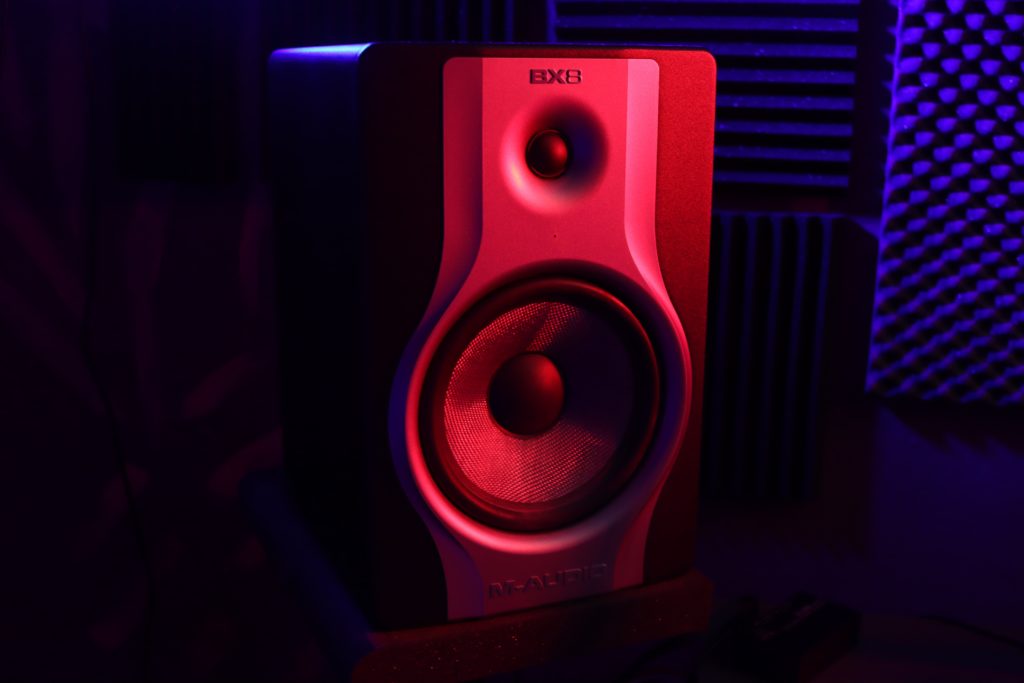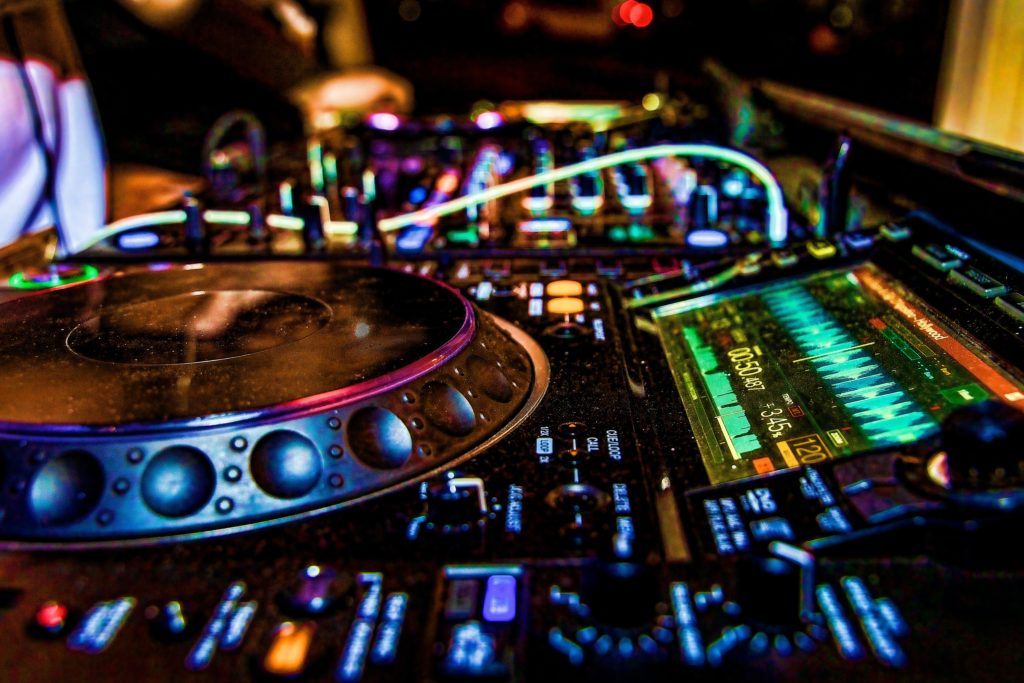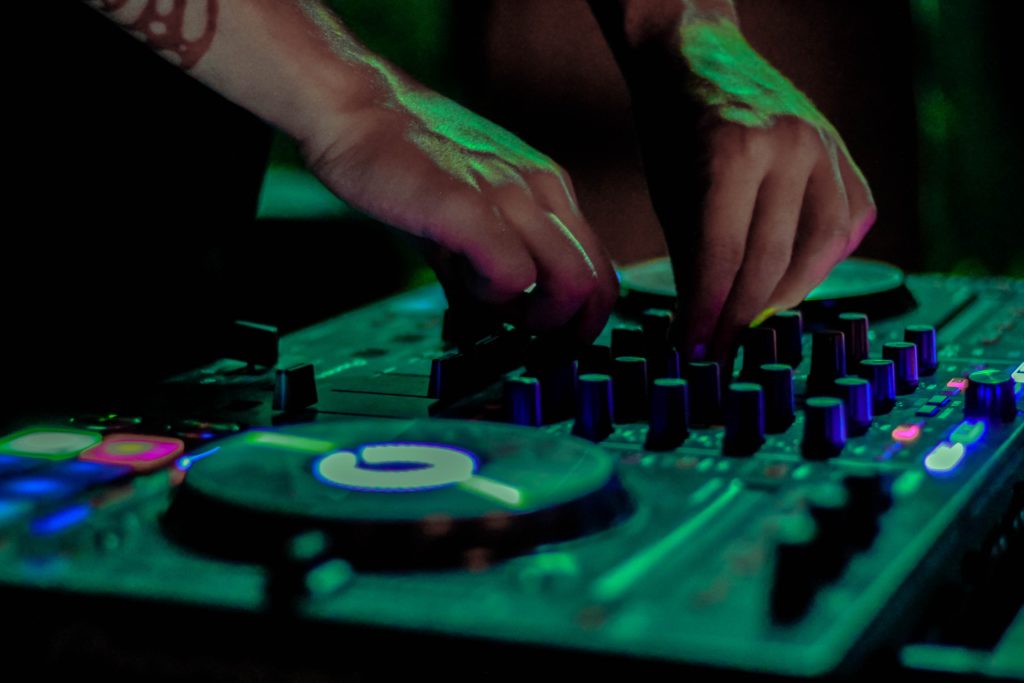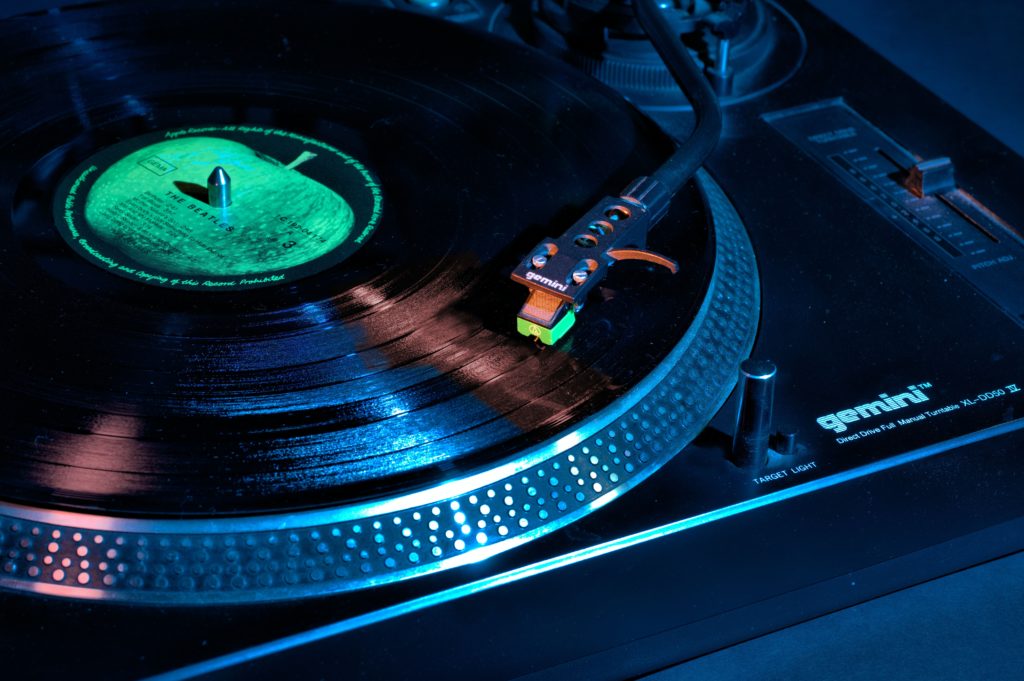There is a lot of work to be done if you want to be a serious artist or musician…
A large number of musicians are competing for a variety of opportunities, including but not limited to album sales, blog write-ups, and play counts, as well as record contracts and performing opportunities. The skill of making music and releasing it to the public might seem to be challenging, ungrateful, or even completely unattainable when all of these factors are taken into consideration.
A graphic database that illustrates the patterns in music sales from 1973 to 2017 was developed by the research company RIAA, which is inside the music business. Although there has been a minor increase in music sales and growth for independent artists as a result of digital distribution via platforms such as Spotify and Deezer, the graphs reveal that the well of record sales is very quickly running dry.
If you want music-making to remain a consistent part of your life, you will need to adjust your views and expectations. This is because factors that are beyond your control, such as the music business, which is still in its infancy and has already reached saturation, are unlikely to ever alter.
If you are confronted with difficulties such as these, in addition to the everlasting need to be emotionally raw, vulnerable, and present when producing songs, you can feel the desire to give up, but you shouldn’t really do so.
Fantasy and fact
The vast majority of musicians embark on their careers with the expectation that they will one day be able to make a livelihood solely through the creation and performance of their musical expressions.
The likes of Kanye West, Taylor Swift, and Justin Bieber show that everything is achievable with enough skill, connections, and chance. Although there are musicians who have become famous and rich from their music, the great majority of musicians struggle to make ends meet.
Despite the fact that they have achieved genuine success, artists are having a tough time generating actual money off of their tunes. Michelle Lewis, a composer who achieved a great deal of success on Spotify but was unable to find a method to pay her expenses, was highlighted in an article published in the New Yorker in 2016 that discussed the negative repercussions of music streaming. “I got this one. Spotify has around three million streams!’ Then my check arrived, and it was for $17.20.”
In a similar vein, the indie rock band Grizzly Bear, which is famous all over the world, disclosed in a feature article published in Vulture Magazine in 2012 that several of its members were unable to afford health insurance. Since Grizzly Bear is such a well-known and well-regarded band, it stands to reason that they should be able to earn a respectable living just from their music, right?
Yellow House, the foundational album that Grizzly Bear released in 2006, garnered praise from fans as well as the most ardent music reviewers almost immediately. The band is well-known for their unique and enduring contributions to the genre of indie pop that they have made. The band Grizzly Bear continues to be one of the most famous performers in the alternative music scene, even after eleven years. What does it mean for the rest of us if these musicians are having a difficult time financially supporting themselves through their music?
It is to our good fortune that Grizzly Bear is able to maintain their tremendous musical output regardless of the amount of money they garner.
Therefore, what are some lessons that you may take away from their story? When the things that should happen don’t happen, we are left with no other alternative than to change our plans and expectations and keep our attention on what really counts. This is true in the world of music as well as in a great many other areas of life.

It’s about time we rethink what it means to be a successful musician
It is perhaps time for a communal reconsideration of what it means to “make it,” given that it is becoming more difficult for even artists who have achieved conventional success to make musical compositions their full-time vocation.
Considering that the process of creating, producing, and performing music requires a significant amount of time, money, and energy, it is essential to inquire about the benefits that you get from the process. It is possible that you may miss out on some of the less direct benefits that come along with producing music if you do not take this step.
Some individuals use the act of making music as a type of meditation in order to keep their own personal well-being and health in check. Getting on stage and performing in front of an audience is, for some individuals, the adrenaline rush that rivals nothing else.
Regardless of the manner in which you create music or the reasons behind it, if it brings you joy and you are able to do it on a consistent basis, then you are successful regardless of the amount of money you get from doing it.
It’s understandable to seek financial compensation for an activity you like and are talented at; nevertheless, if you want to produce music as a career, you should not set your sights on financial gain, social media likes, and blog mentions as your primary measures of success.

Certain sorts of achievements are always reachable
Is it possible that your band will overcome the odds and reach a level of commercial success that is unprecedented? Indeed, there is a possibility, but it is not very likely. It is an entirely different scenario when it comes to discovering genuine creative satisfaction through the process of composing music according to your own personal standards of effectiveness.
There are no two procedures that are identical when it comes to the creation of music, and neither are the impulses that push us to create music in the first place. You should set aside some time to determine just what it is that you get from making music. It’s possible that you realize some of the ways in which you’ve been “making it” in the music industry all along. What could possibly be holding you back from achieving success if you are able to create music on a daily basis and it brings you joy?
A great number of musicians consider the creative process of generating music itself to be the true reward for all of the hard work that goes into developing and producing music.
When you remove the burden of trying to be conventionally successful from the songwriting process, you are able to find a boundless creative freedom that you would not have been able to find if you were trying to churn out hits. This is true even if music is not the method by which you would support yourself financially.
Achieving success in the field of music involves initiating and completing projects, discovering new methods to be original, and immersing oneself in one’s own distinctive approach, regardless of the form that it may take. You would probably be in a much better position if you celebrated all of the triumphs you are having right now, regardless of how minor they may be, rather than wishing that you could be someplace else with your music.
In the realm of music, what does it mean to find success? In the event that you are able to make that decision for yourself and start producing music on your own terms, you will have a higher chance of making music for your whole life, as opposed to getting jaded and exhausted after a few years of making music. Always begin with creative satisfaction as the foundation for success.
This is why it is worthwhile to keep continuing
Music is a very potent force that has the potential to improve the experiences of millions of people all around the world.
There is no doubt that the world would be a more miserable place if composers stopped producing music because they were aware that it would not bring them financial gain or get them likes and plays.
Nevertheless, despite the fact that music makes people’s lives better, you should not forget the benefits that the process of producing songs brings to you. Irrespective of whether you are producing music in your garage for pleasure or selling out performances on tour, if making music makes you a happier and more content person, then it is imperative that you make it a part of your life.
The ability to enjoy the non-material pleasures of producing music is essential if you want to have a great career in music. However, if you are unable to do so, you will have a very difficult time getting there.
Therefore, try to achieve success using your own method first. The only way to actually develop buzz, fame, or financial success in the first place is to do it in this manner. Music improves life; thus, if you’re good at what you do, you should make music your career.

